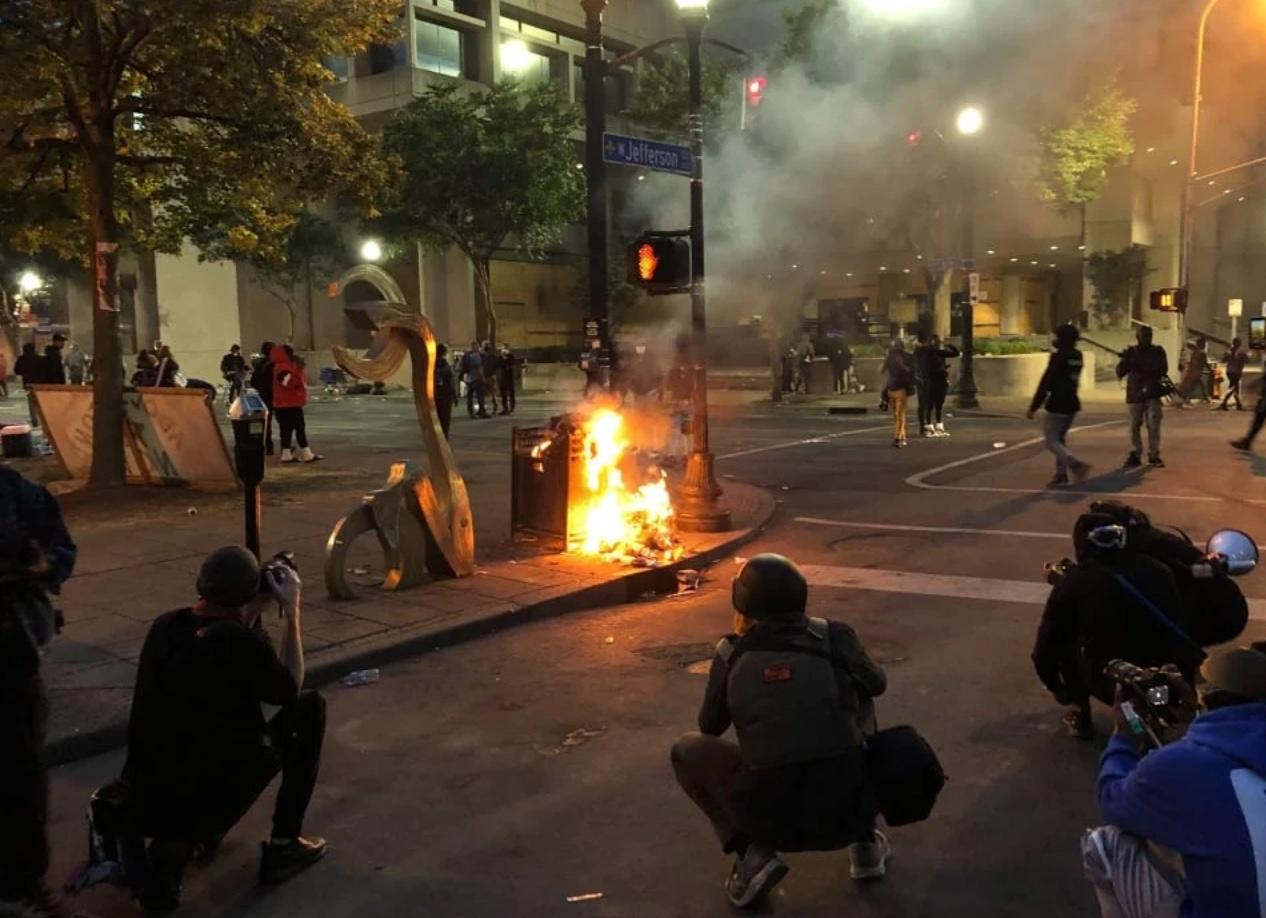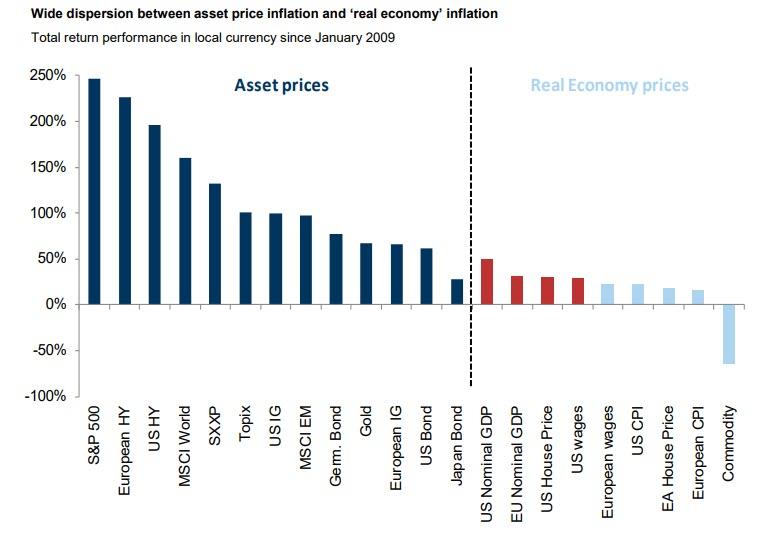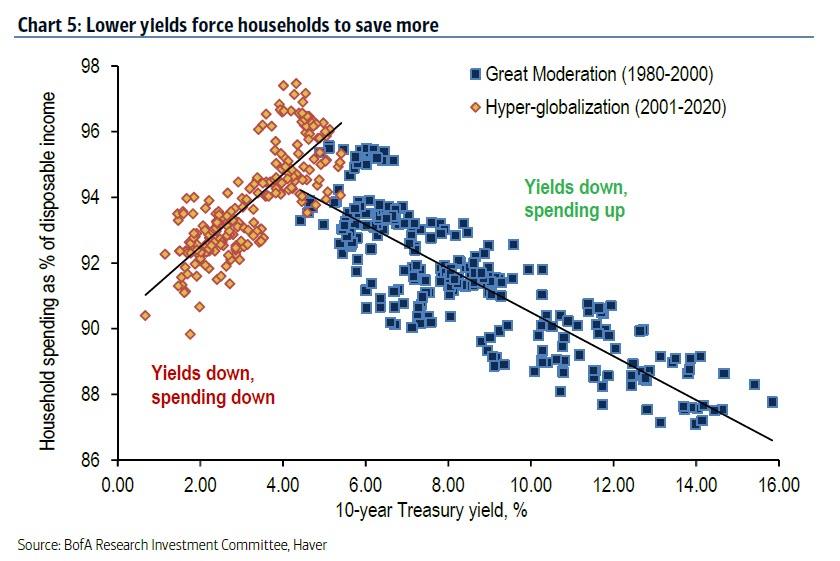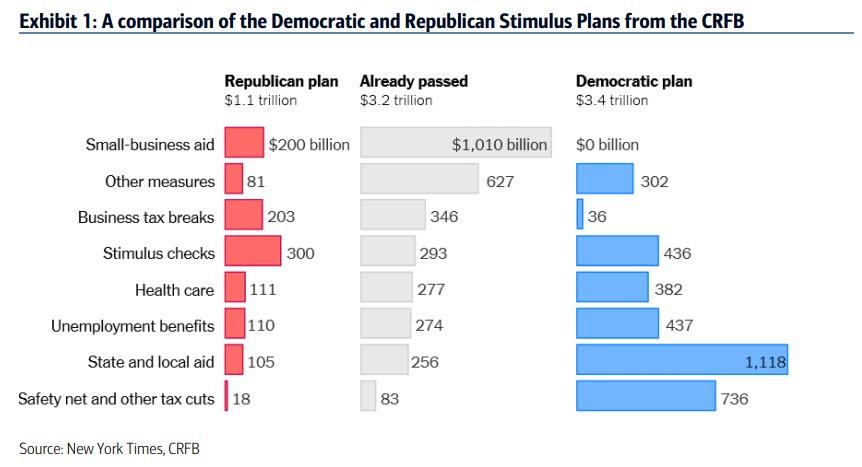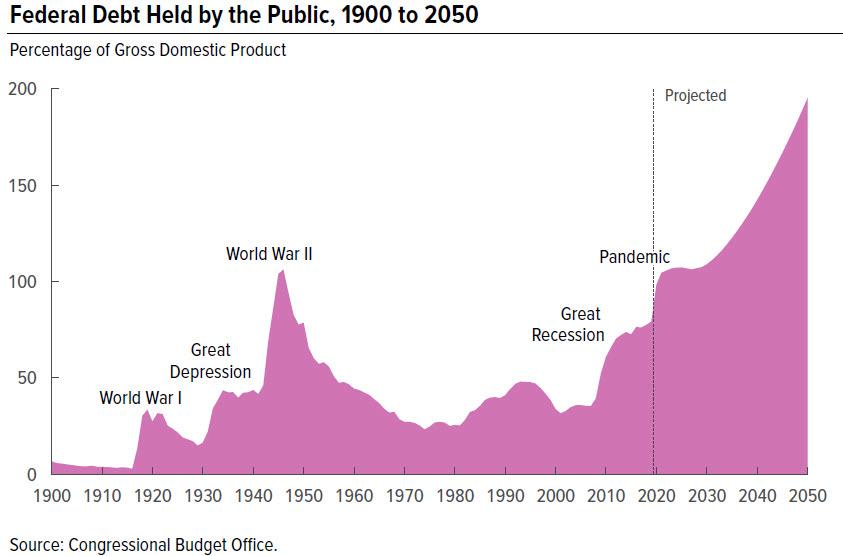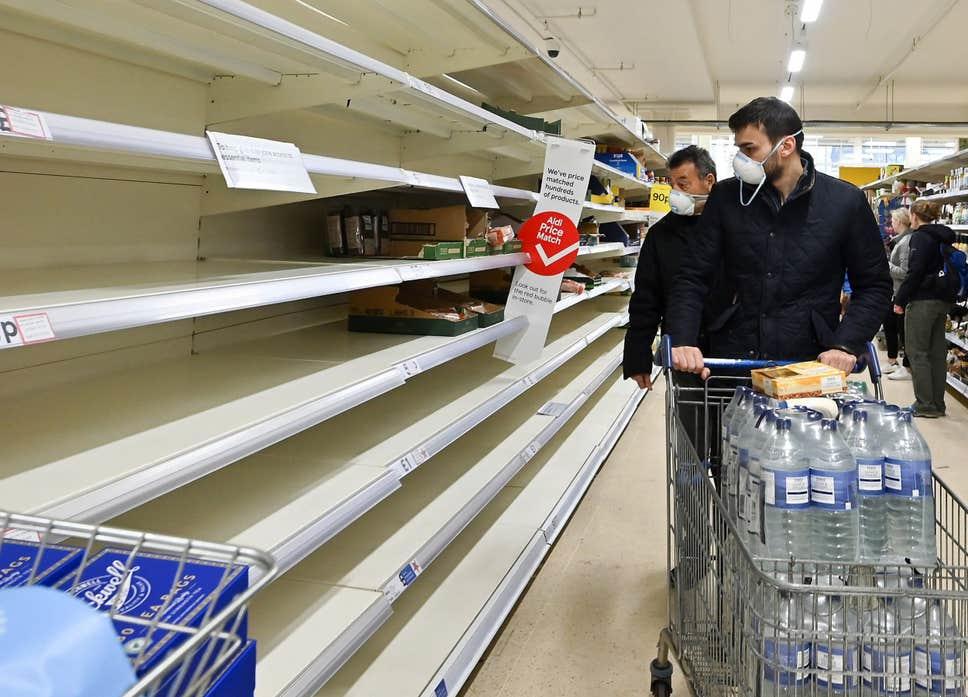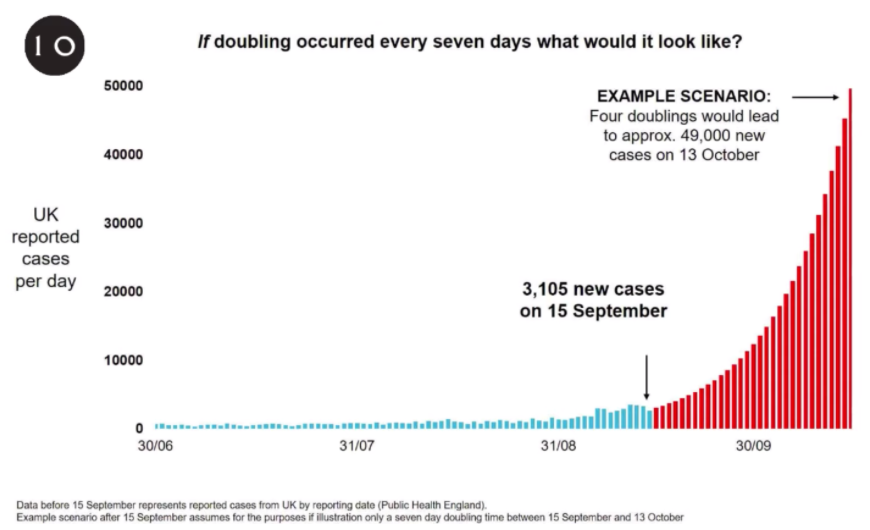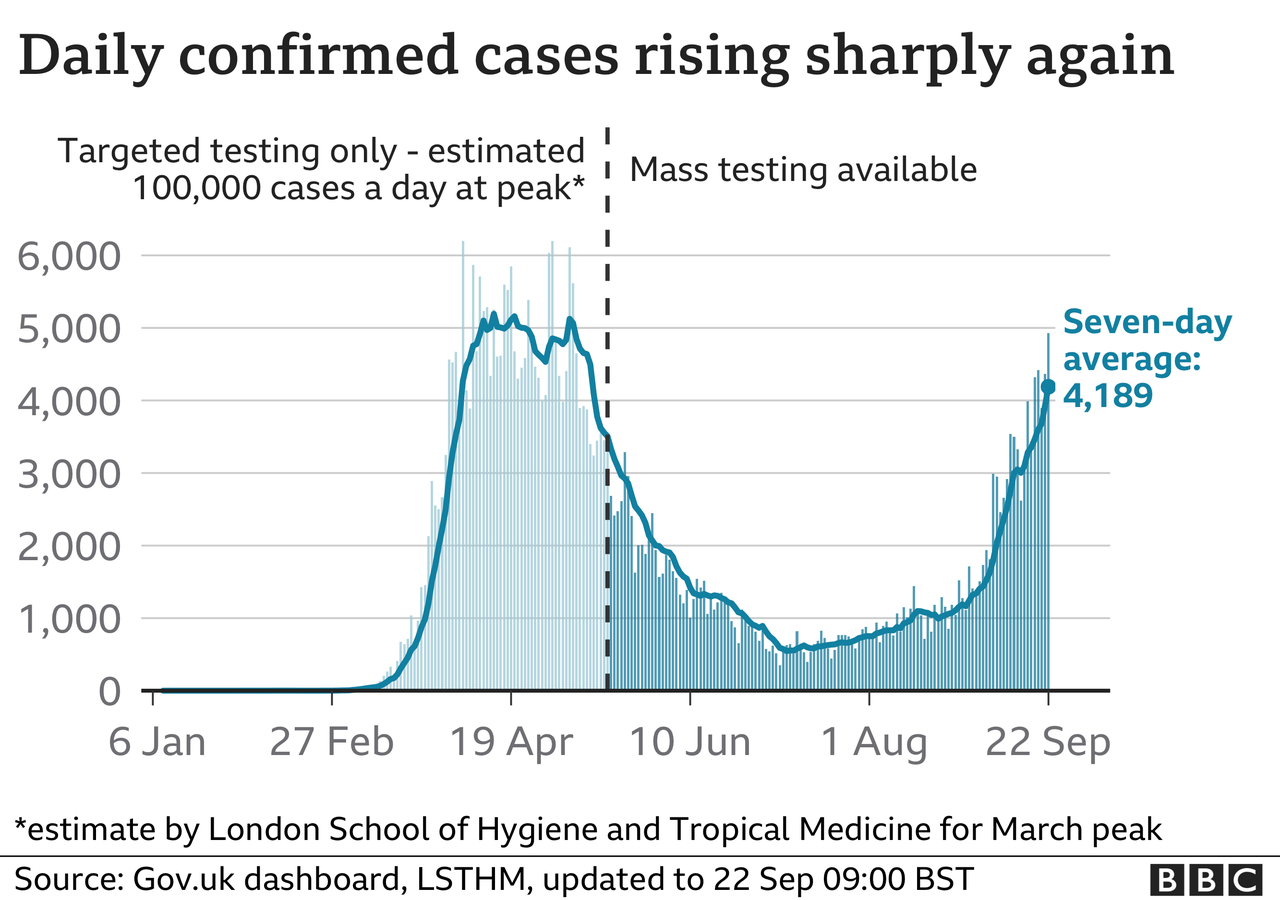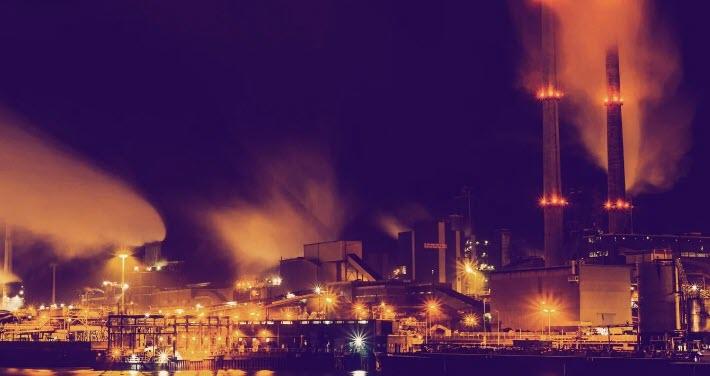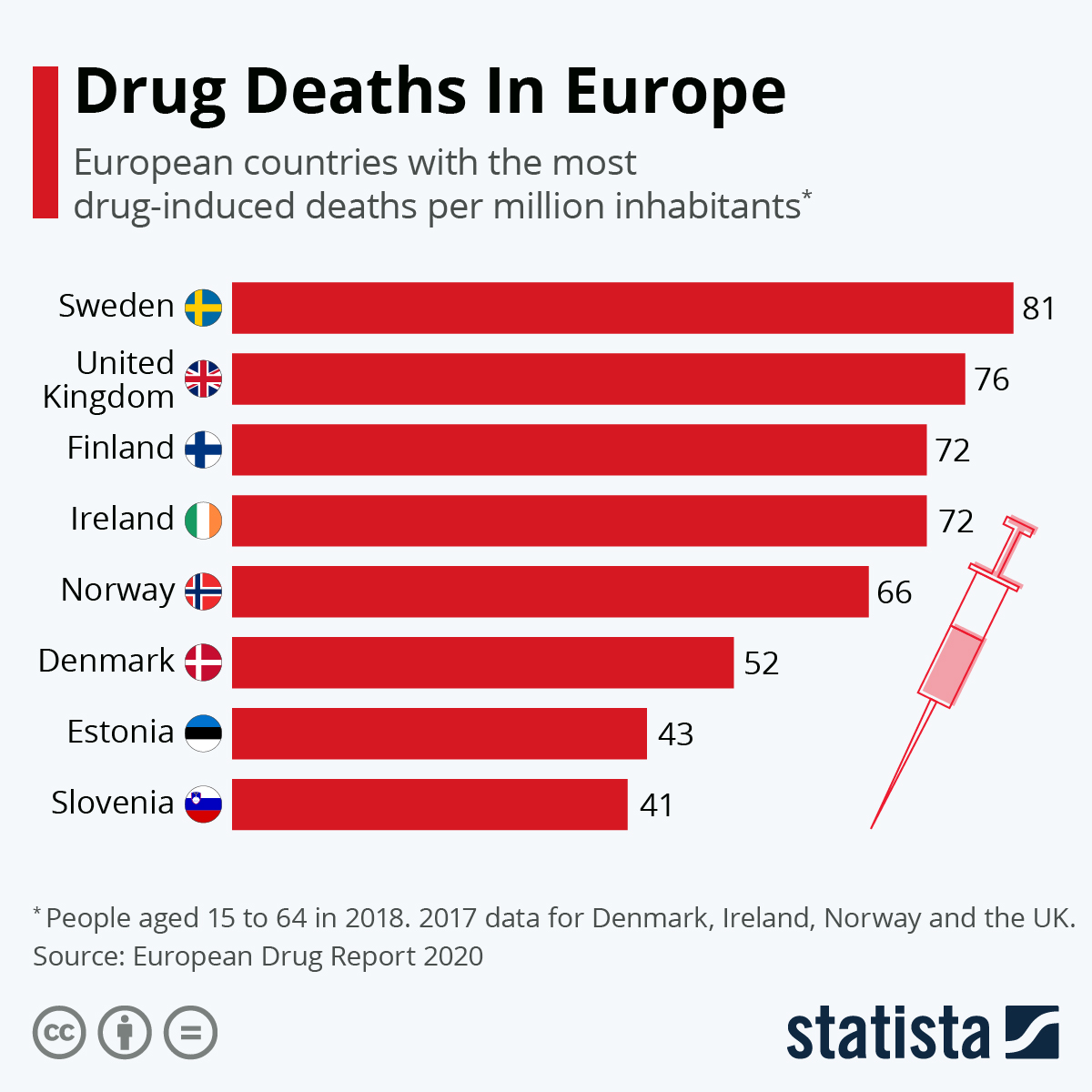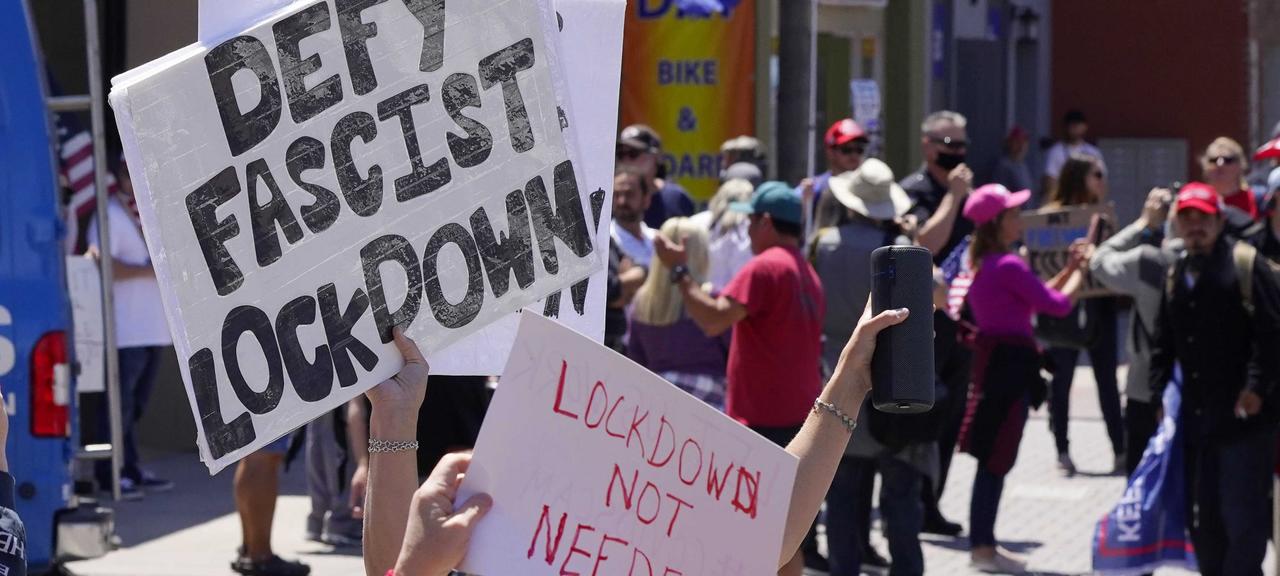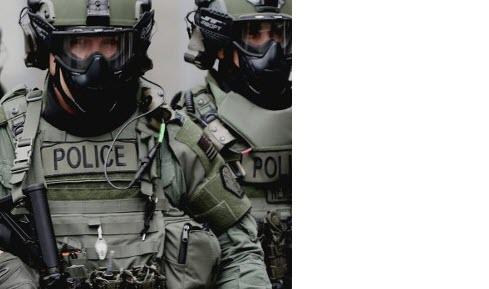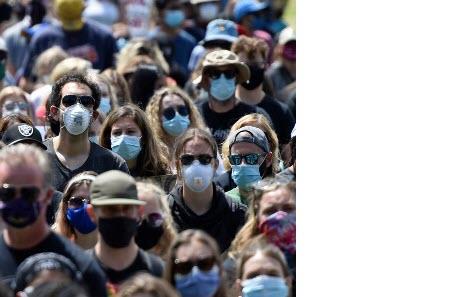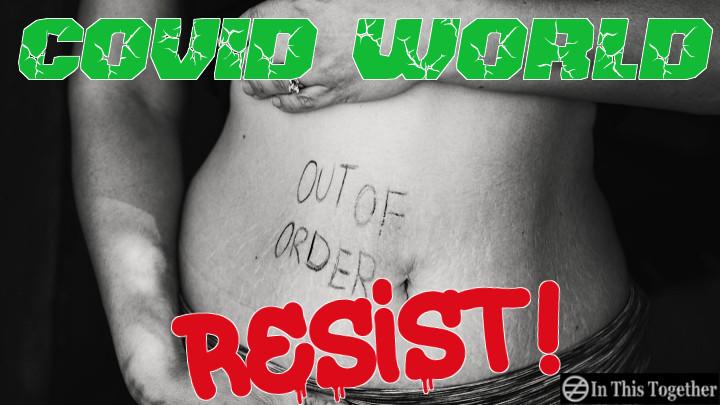Media Declares “Violence Is Inevitable” As 2 Cops Shot In Louisville; Reporters Arrested In Aggressive Police Crackdown
Tyler Durden
Thu, 09/24/2020 – 06:45
As we reported last night, protesters hit the streets in Louisville, NYC, LA, Denver, Oakland, Washington DC and other cities across the US after a Kentucky grand jury decided that no officers would be charged in the killing of Breonna Taylor, a tragic accident that was the result of officers serving a “no-knock” warrant.
In Louisville, the city where Taylor was shot and killed, 2 police were shot as gunfire broke out downtown after hundreds “peacefully” marched earlier in the evening. But as has become distressingly familiar, the real hard-core agitators came out after dark. A suspect in the shooting of the two officers was taken into custody shortly after, but he wasn’t the only “protester” who was packing heat at the “non-violent demonstration.”
LOUISVILLE: a rioter is detainee by police for brandishing a firearm
Reporter @livesmattershow is on the scene now, says reporters are getting arrested
— ELIJAH RIOT (@ElijahSchaffer) September 24, 2020
Amazingly, left-leaning media outlets had the gall to frame the shooting of two police as an “inevitable”, while framing the events of last night in distorted terms that served to support their narrative of a corrupt justice system absolving three murderers, instead of reporting the facts: that a jury of their peers – not some unassailable magistrate – decided on the indictments for the three officers.
The Daily Beast reported that none of the officers were charged for Breonna Taylor’s killing. While that’s technically true – officer Brett Hankison was charged with three counts of wanton endangerment for firing into a nearby occupied apartment, not for the shots that killed Taylor, which were fired by a colleague – the result is misleading, and intentionally so, we suspect.
But we digress. Circling back to the events of Wednesday night, the Louisville Metropolitan Police Department – better known as the LMPD – aggressively enforced curfew violations after the shooting. Several reporters – including two journalists for the Daily Caller – were arrested during the sweep, and despite protests from their editors, were charged with breaking curfew and attending an “unlawful” assembly. It’s believed that dozens of protesters and reporters were taken into custody during the sweep of Jefferson Square, which has served as the base for BLM protesters who have been out demonstrating every night for the past 118 days.
A mass arrest is underway near Jefferson Square, even press detained for this one. Unclear how many will be taken into custody #Louisville #LouisvilleProtests #BreonnaTaylor
— Brendan Gutenschwager (@BGOnTheScene) September 24, 2020
Narrowly avoided arrest. Tremendously intense night in Louisville.
— Brendan Gutenschwager (@BGOnTheScene) September 24, 2020
Multiple members of the press were arrested tonight and are facing charges, along with an even larger number of protesters facing a multitude of charges. Chaotic night here in Kentucky. #Louisville #LouisvilleProtests
— Brendan Gutenschwager (@BGOnTheScene) September 24, 2020
As far as violence goes, this video has gone viral after being shared by several mainstream media outlets.
Molotov cocktail thrown during Breonna Taylor march as protesters clash with authorities in Portland, Oregon. https://t.co/JBtqGXl0kS pic.twitter.com/kedtV1wU81
— ABC News (@ABC) September 24, 2020
The DC reporters arrested included Jorge Ventura and Shelby Talcott.
Our reporters @ShelbyTalcott and @VenturaReport are being detained by @LMPD as law enforcement corrals protesters en masse in Louisville https://t.co/kQ1yAd3gfg
— Daily Caller (@DailyCaller) September 24, 2020
Current situation. #Louisville pic.twitter.com/jVH4xn4bZw
— Jorge Ventura Media (@VenturaReport) September 24, 2020
When editors reached out, the department refused to budge.
I’ve now notified @LMPD that both @shelbytalcott and @VenturaReport were reporting for an accredited media outlet and were operating in the capacity of press. My expectation is that they will be swiftly released. https://t.co/BBa1b8yF1W
— Geoffrey Ingersoll (@GPIngersoll) September 24, 2020
Update: The Louisville doc tells me @ShelbyTalcott and @VenturaReport will be processed and charged like everyone else, despite my best efforts to alert official channels that they were operating in the capacity of press at a live news event. @LMPD
— Geoffrey Ingersoll (@GPIngersoll) September 24, 2020
Another update: @LMPD tells me @ShelbyTalcott and @JorgeVentura05 will be charged with two misdemeanors related to breaking curfew & unlawful assembly for their alleged failure to comply with police orders to disperse and for press to relegate themselves to an “observation area”
— Geoffrey Ingersoll (@GPIngersoll) September 24, 2020
Sorry @JorgeVentura05 is not the right guy. I meant @VenturaReport
— Geoffrey Ingersoll (@GPIngersoll) September 24, 2020
Circling back to the wounded officers, Interim LMPD chief Robert Schroeder confirmed the two officers had been shot and sustained life-threatened injuries, and that a suspect was in custody. One of the officers was shot in the abdomen, while the the other was shot in the thigh.
“I am very concerned about the safety of our officers,” Schroeder said. “Obviously we’ve had two officers shot tonight, and that is very serious. … I think the safety of our officers and the community we serve is of the utmost importance,” Schroeder said, according to the Courier-Journal.
As of 11pm local time on Thursday, police had arrested 46 people, which includes those arrested in the sweep of Jefferson Square, which reportedly happened around 8pm.
Independent video journalist Brendan Gutenschwager narrowly avoided arrest last night. Afterward, he chronicled the eerily silent streets, and surveyed the damage.
Within 12 hours of the Breonna Taylor announcement
– Miles of marches through Louisville
– Looting and vandalism in various parts of the city
– Fires lit downtown
– Live ammunition fired off
– 2 officers shot and taken to the hospital
– Mass arrests
This city is on edge.— Brendan Gutenschwager (@BGOnTheScene) September 24, 2020
With a severe crackdown on the curfew, things are ‘calm’ here in Louisville for the night. Simultaneously, the Pacific coast is going off right now in Portland and Seattle. Hearing retroactively about DC, Chicago and elsewhere. Unrest across America’s cities tonight.
— Brendan Gutenschwager (@BGOnTheScene) September 24, 2020
The scene along Main Street in downtown Louisville, desolate here tonight as the curfew and police lockdown of the area are underway #Louisville #LouisvilleProtests #BreonnaTaylor pic.twitter.com/d82G6O2itq
— Brendan Gutenschwager (@BGOnTheScene) September 24, 2020
Thousands gathered across NYC and LA, and hundreds more in Portland, Chicago, Atlanta and other cities around the country as others marched “in solidarity”.
Expect the unrest to continue Thursday, as it has for nearly 120 days.
via ZeroHedge News https://ift.tt/2RWLp9U Tyler Durden
